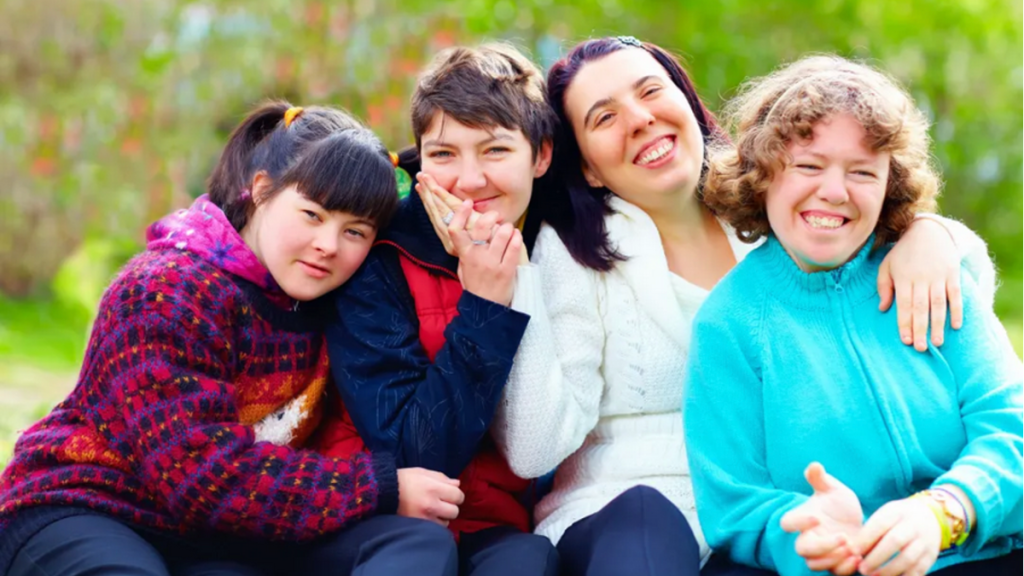When a loved one has a developmental disability, the journey is never walked alone. The New York State Office for People With Developmental Disabilities (OPWDD) plays a crucial role in this journey. OPWDD’s mission is to support people with developmental disabilities and their families in leading richer, more fulfilling lives. Family support is at the heart of this mission, recognizing that individuals thrive best when their families are informed, empowered, and resilient. Through OPWDD family support services, families are given tools, resources, and a network of support that help them feel less isolated and more prepared to navigate the challenges ahead.
Why Family Support Matters in Developmental Disability Services
Families are the primary source of care, advocacy, and love for individuals with developmental disabilities. They manage daily routines, navigate medical systems, support education, and plan for the future. However, this journey can also bring emotional, physical, and financial burdens. Families may face caregiver burnout, financial strain from medical and therapy costs, and emotional exhaustion from advocating for services and inclusion.
Investing in family support is not only the right thing to do—it’s a smart, sustainable approach to care. Strengthening families leads to better outcomes for individuals, reduces reliance on institutional care, and builds healthier, more inclusive communities.
Core OPWDD Services Designed for Families
OPWDD understands that family well-being is critical for long-term success. That’s why it offers a wide range of services designed specifically for family needs:
- Respite Care: Temporary relief services give caregivers a much-needed break, reducing stress and preventing burnout. Whether for a few hours or several days, respite services ensure continuity of care while families recharge.
- Family Reimbursement Programs: These programs help offset the cost of services and supports not otherwise funded by insurance or Medicaid. This can include special equipment, therapies, or recreation activities that enhance the quality of life.
- Parent and Sibling Support Groups: Families are not alone. Support groups offer a space to connect with others who understand the journey, share experiences, and offer emotional support.
- Counseling and Training: OPWDD provides counseling services and educational workshops that equip families with the skills and knowledge they need to navigate different life stages—from early childhood interventions to transition planning for adulthood.
- Transition Services: Major life changes—such as finishing school, starting employment, or moving into independent living—can be overwhelming. Transition services guide families through these critical periods with personalized support.
Building Partnerships Between Families and Professionals
“Person- and family-centered planning” isn’t just a phrase—it’s the foundation of OPWDD’s approach. Families are treated as essential partners in the care and planning process, not just passive recipients of services. Together with care managers, counselors, and service providers, families actively participate in developing individualized service plans that reflect the goals, preferences, and strengths of their loved ones.
Successful partnerships happen when families’ insights are valued as equally important as professional expertise. For example, care managers often work closely with families to adjust support plans as needs change, ensuring the services stay flexible and relevant.
Advocacy and Leadership Opportunities for Families
Families have powerful voices, and OPWDD ensures those voices are heard. Through councils, advisory boards, forums, and working groups, families are invited to take on leadership roles that shape service delivery and policy.
Organizations like the Family Support Services Advisory Council provide structured platforms where family feedback directly influences program development and legislative advocacy. By participating, families help ensure that services continue to evolve in ways that are truly responsive to real needs.
Conclusion
OPWDD doesn’t just provide services—it builds relationships based on trust, respect, and partnership. By empowering families through resources, collaboration, and leadership opportunities, OPWDD strengthens the entire care ecosystem. When families are supported, individuals with developmental disabilities can live more independent, fulfilling lives. If you are a family member navigating this journey, reach out, get involved, and know that your voice matters—you are a vital part of the solution.

